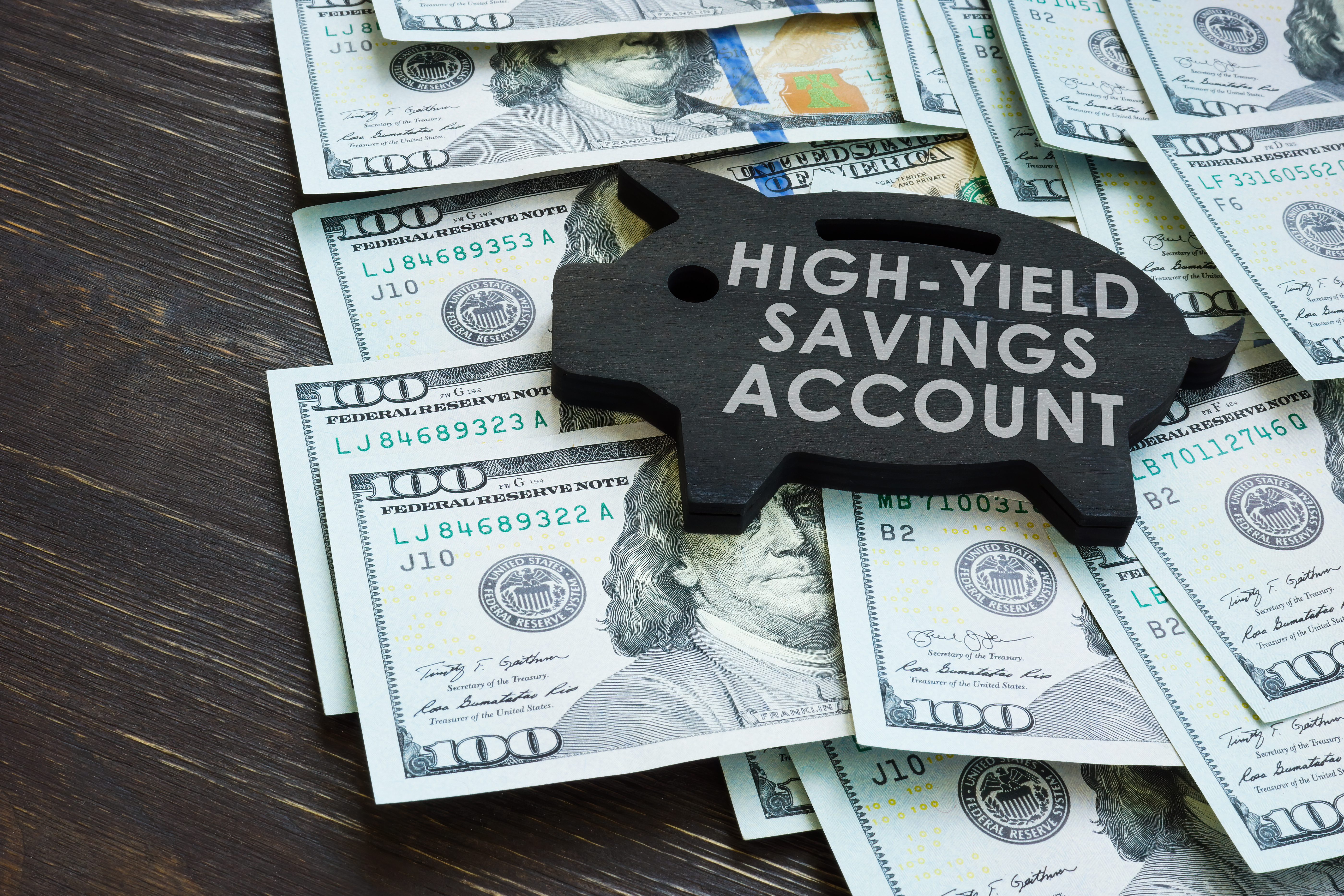When Is a High-Yield Savings Account Better Than a CD or Share Certificate?

Share certificates are exceptional investment tools in a variety of ways. They earn a consistently high yield compared to many other credit union or bank accounts, and they allow savers to lock in high yields for years during times when interest rates may be decreasing.
Share certificates are also a very safe type of investment because they are federally insured, and their value is not subject to market volatility like stocks or bonds.
However, share certificates are not a replacement for savings or checking accounts due to their inherent illiquidity. Although you can take money out of a share certificate in an emergency, there are penalties for doing so.
Every account has its usefulness, and which type of account is better is subjective based on your goal and the scenario. There are many situations where it is better to save your money, or some of your money, in a high-yield savings account rather than a share certificate.
Do You Need to Be Able to Access the Funds Fast?
Many New Orleans banking customers have savings accounts of some kind. Maybe you’re saving for a new car, a vacation, Christmas shopping or just want a rainy-day fund. If you don’t know exactly when you’ll need this money, it’s likely best to keep it in liquid form in a high-yield savings or checking account.
Plus, with a high-yield savings account, you can set up automatic transfers or deposit into it each month or pay period. Share certificates are opened with a one-time, up-front deposit, meaning you can’t add more funds during the fixed term.
Interest Rates Can Change
Interest rate changes can technically cut both ways when it comes to share certificates and savings accounts. The yield a savings account earns may increase as interest rates go up, while the APY on a share certificate will be stuck at the opening rate. That means you can benefit from increasing interest rates with a savings account but not with a share certificate.
The opposite is also true when interest rates are going down. You can lock in a higher interest rate for the full term of the share certificate, even though the interest earned in a savings account might go down during that time.
The Uncertainty of Everyday Life
As a rainy-day emergency fund, high-yield savings accounts are undoubtedly the preferable method of savings.
Life is inherently uncertain. Someone in your family could have a medical emergency, your car could break down, you could get laid off from work or you might need to replace your home’s furnace or heat pump.
If your money is tied up in a share certificate, you may need to sacrifice the interest you’ve earned or pay penalties to withdraw those funds. You won’t pay any penalty for withdrawing money from a high-yield savings account you have set aside for emergencies, and you will be able to keep all the interest the account has earned.
Meeting Short-Term Savings Goals
If you’re setting money aside each pay period for a specific event in the near future, like taking a trip to Europe, buying a new computer or upgrading your car, a high-yield savings account will be a better option than a share certificate. You can add money throughout the year and withdraw the funds when you need them without paying any penalties for doing so. You also have access to that money if some unexpected life event throws a wrench into your planning.
Accomplish Your Savings Goals With OnPath Federal Credit Union
OnPath FCU has products designed to help savers in New Orleans reach their short-term and long-term savings goals. If you’re looking for a safe place to store and grow your wealth, share certificates may be the ideal option. If you want to save for an upcoming purchase or build some savings for unexpected expenses, a high-yield savings account may be best for you.
You also don’t have to choose one or the other. Many savers can benefit from both types of accounts. If you’d like to learn more about our savings products or want to become a member, don’t hesitate to call us at 800.749.6193.